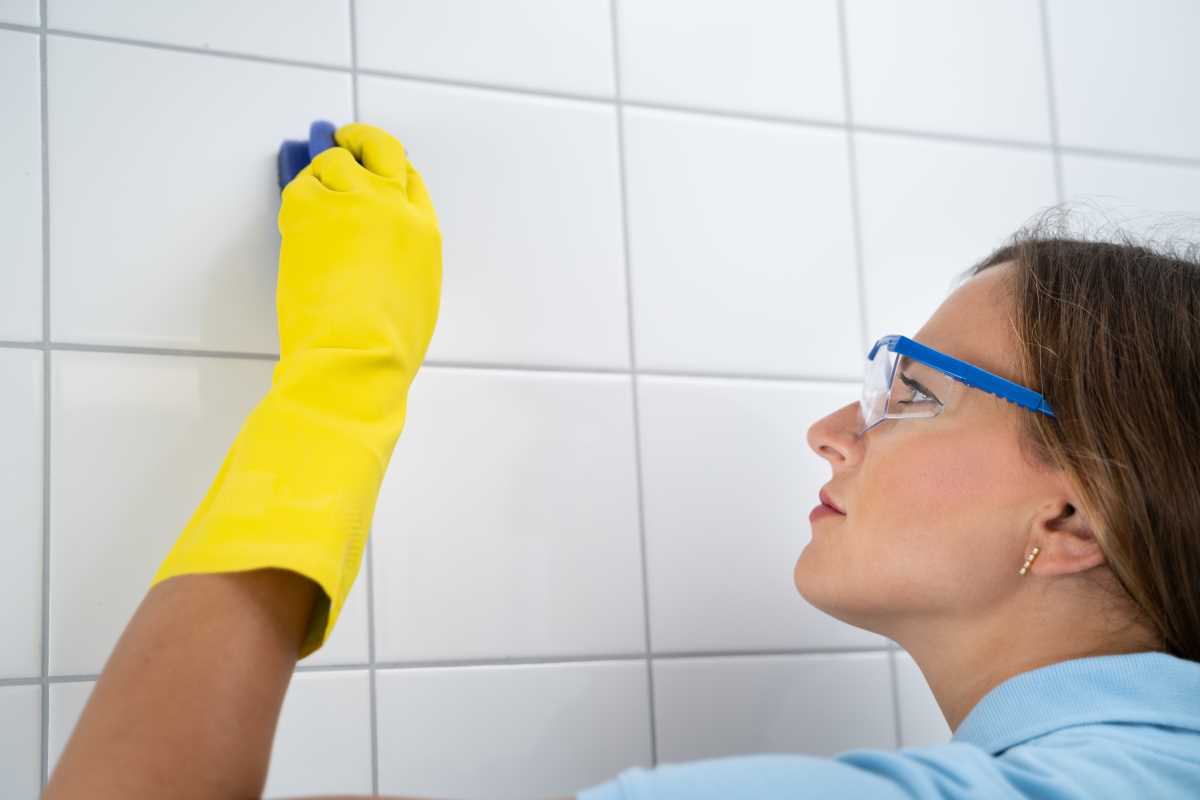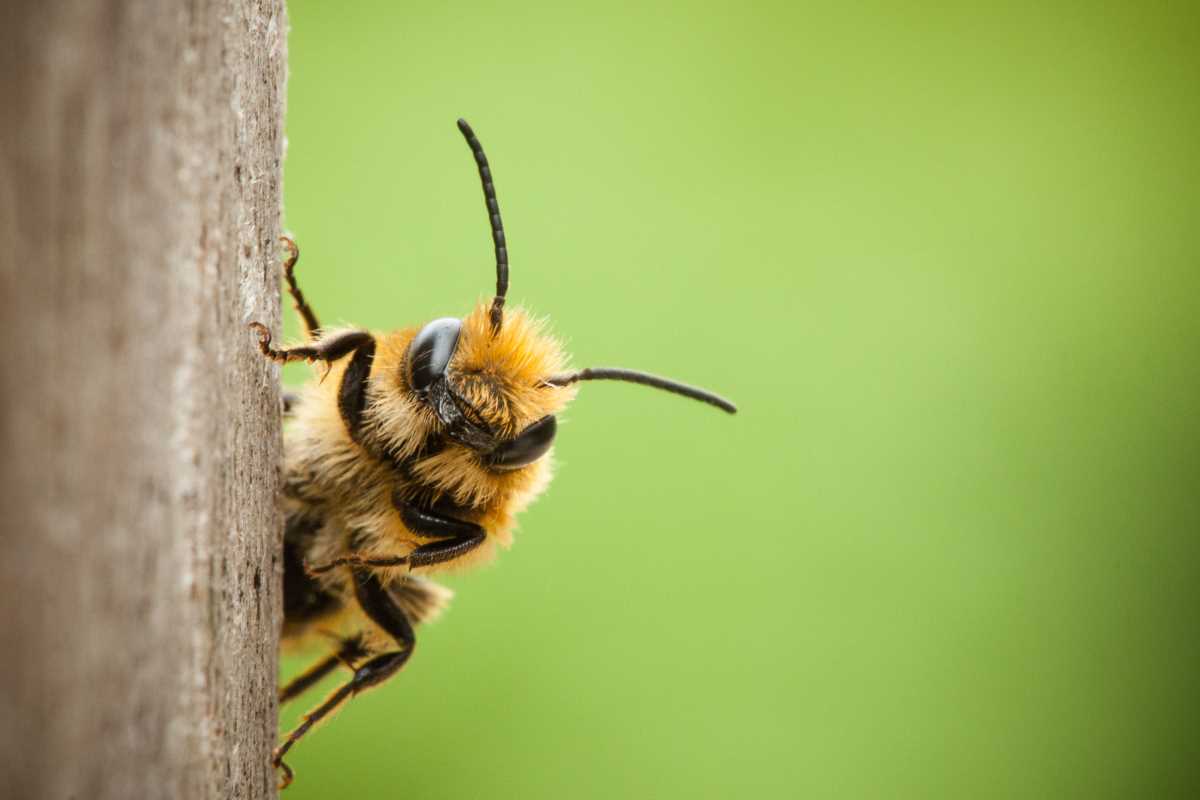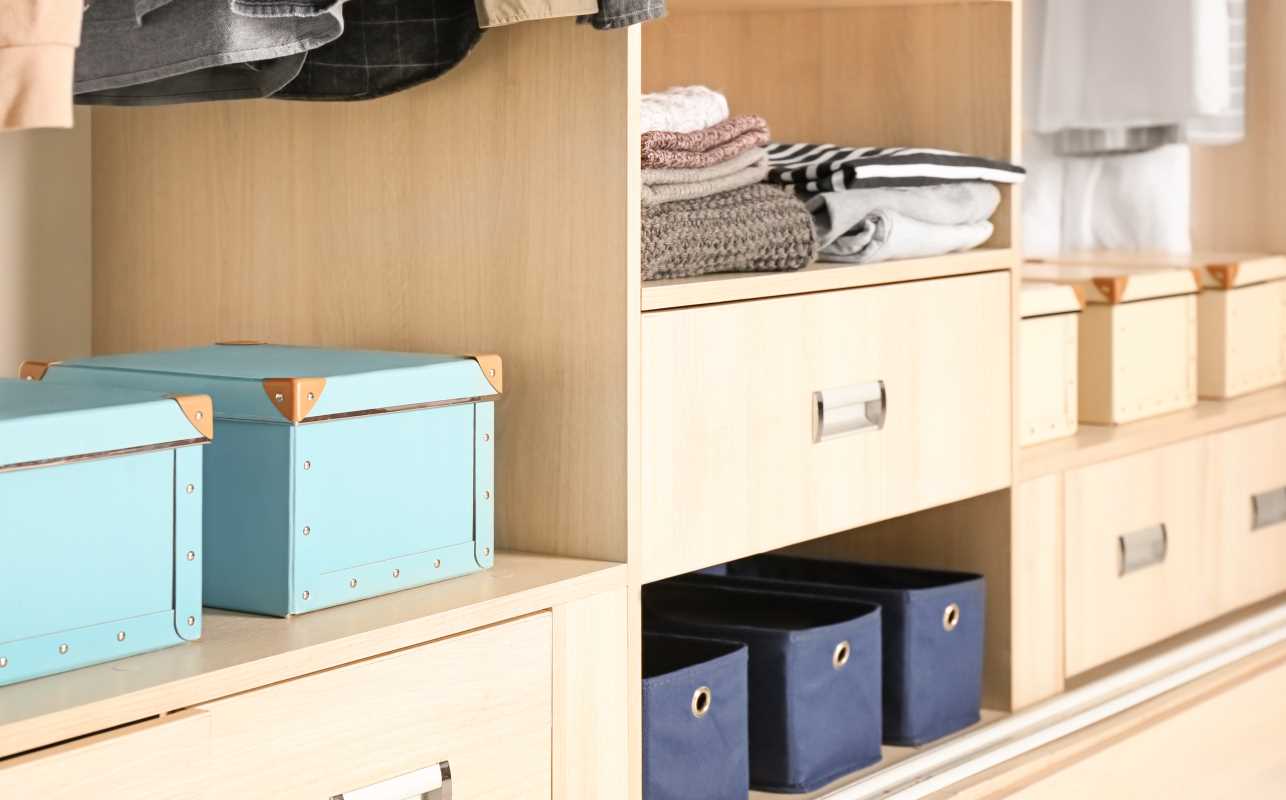An efficient HVAC (heating, ventilation, and air conditioning) system is essential for maintaining comfort in your home, especially during extreme weather conditions. However, many homeowners overlook the importance of regular maintenance, which can significantly extend the lifespan of their HVAC systems. In this article, we will explore expert maintenance tips to help you maximize the longevity and efficiency of your HVAC system, ensuring a comfortable indoor environment year-round.
Understanding Your HVAC System
Before diving into maintenance tips, it's essential to understand the components of your HVAC system. Generally, an HVAC system includes three main parts: the heating system (furnace or heat pump), the cooling system (air conditioner or heat pump), and the ventilation system (ductwork and air handlers). Each of these components plays a vital role in regulating your home’s temperature and air quality. Understanding how they work together will help you appreciate the importance of maintenance.
Regular Inspections
One of the best ways to ensure your HVAC system runs efficiently is through regular inspections. Scheduling annual inspections with a qualified HVAC technician allows for a thorough assessment of your system. During these inspections, the technician will check for potential issues, clean components, and make necessary adjustments. It’s recommended to schedule these inspections in the spring for your air conditioning system and in the fall for your heating system.
Regular inspections can identify problems early, preventing costly repairs down the line. For example, a technician might discover a small refrigerant leak in your air conditioner, which, if left unchecked, could lead to a complete system failure. By catching issues early, you can address them before they escalate, ultimately prolonging your HVAC system's lifespan.
Change or Clean Filters Regularly
Air filters are crucial for maintaining indoor air quality and ensuring the efficient operation of your HVAC system. Clogged or dirty filters can restrict airflow, forcing your system to work harder and reducing its efficiency. This can lead to increased energy bills and a shorter lifespan for your HVAC unit.
You should check your filters at least once a month and replace or clean them as needed. The frequency of replacement depends on several factors, including the type of filter, the presence of pets, and the level of dust and allergens in your home. High-efficiency particulate air (HEPA) filters, for example, may need to be replaced every three to six months, while standard fiberglass filters may need monthly changes.
In addition to improving efficiency, clean filters can enhance indoor air quality by trapping dust, pollen, and other pollutants. This is especially important for individuals with allergies or respiratory issues, making it essential to prioritize filter maintenance.
Keep the Outdoor Unit Clean
If you have a central air conditioning system, the outdoor unit, or condenser, requires regular maintenance to ensure optimal performance. Over time, dirt, leaves, and debris can accumulate around the unit, obstructing airflow and reducing its efficiency. To prevent this, regularly inspect the outdoor unit and clear any debris that may have collected.
You should also ensure that the area around the unit is free from overgrown vegetation. Plants, shrubs, and grass should be kept at least two feet away from the condenser to promote proper airflow. Additionally, consider trimming any tree branches that might obstruct sunlight or airflow, as direct sunlight can heat the unit, affecting its efficiency.
Maintain the Ductwork
The ductwork in your home is crucial for distributing conditioned air. If your ducts are dirty or have leaks, your HVAC system must work harder to maintain the desired temperature. Over time, this increased workload can shorten the lifespan of your system.
Regularly inspect your ductwork for signs of dust accumulation, mold growth, or leaks. If you notice excessive dust or debris in your ducts, consider scheduling a professional duct cleaning. Professional cleaners use specialized equipment to remove buildup and ensure your ducts are functioning optimally.
Sealing any leaks in your ductwork is essential. Leaks can occur at joints or seams and can significantly reduce the efficiency of your HVAC system. Using duct sealant or aluminum tape to seal these leaks can help improve airflow and reduce energy consumption.
Monitor Thermostat Settings
Your thermostat plays a critical role in regulating your HVAC system’s performance. Keeping it set to an optimal temperature can prevent unnecessary strain on the system. During summer, setting your thermostat to 78°F when you are home and raising it a few degrees while you are away can save energy and reduce wear and tear on the unit.
Consider upgrading to a programmable or smart thermostat. These devices allow you to set schedules based on your routine, automatically adjusting temperatures when you are home or away. Smart thermostats can learn your habits over time, optimizing your HVAC system’s performance and helping you save on energy costs.
Ensure Proper Insulation
Proper insulation is essential for maintaining the efficiency of your HVAC system. Insufficient insulation can lead to significant heat loss in winter and heat gain in summer, forcing your system to work harder to maintain a comfortable temperature. This not only affects your energy bills but also shortens the lifespan of your HVAC unit.
Check your home’s insulation, particularly in attics, walls, and crawl spaces. If you notice areas where insulation is lacking, consider adding more to improve your home’s energy efficiency. Additionally, sealing gaps and cracks around windows, doors, and other entry points can help prevent air leaks and enhance your HVAC system's performance.
Invest in Professional Maintenance
While regular DIY maintenance can go a long way in extending the lifespan of your HVAC system, professional maintenance is equally important. In addition to annual inspections, consider scheduling a comprehensive maintenance service every few years. During this service, technicians will perform more detailed checks, including checking electrical connections, lubricating moving parts, and testing system performance.
Investing in a maintenance plan can save you money in the long run. Many HVAC companies offer plans that include annual inspections and discounts on repairs, providing peace of mind knowing that your system is well cared for.
Pay Attention to Unusual Noises and Smells
Your HVAC system can provide valuable feedback about its health through unusual noises or smells. If you notice strange sounds, such as grinding, banging, or hissing, it could indicate a problem that needs immediate attention. Ignoring these signs can lead to more significant issues and costly repairs.
Similarly, if you detect unusual odors coming from your HVAC system, such as a burnt smell or a musty odor, don’t hesitate to call a professional. These smells can indicate electrical problems or mold growth within the system, both of which require prompt attention.
Consider Upgrading When Necessary
Even with regular maintenance, all HVAC systems have a finite lifespan. Most systems last between 15 to 20 years, depending on usage and maintenance. As your system ages, you may notice decreased efficiency, increased energy bills, or more frequent repairs.
When considering an upgrade, take the opportunity to research energy-efficient models. Newer systems are often equipped with advanced technology that enhances performance while reducing energy consumption. Look for units with the ENERGY STAR label, which indicates that they meet energy efficiency guidelines set by the U.S. Environmental Protection Agency.






.jpg)
